I just tried the transformer of laptops at CES 2024 — and it feels like the future
It's all about the Magic Bay
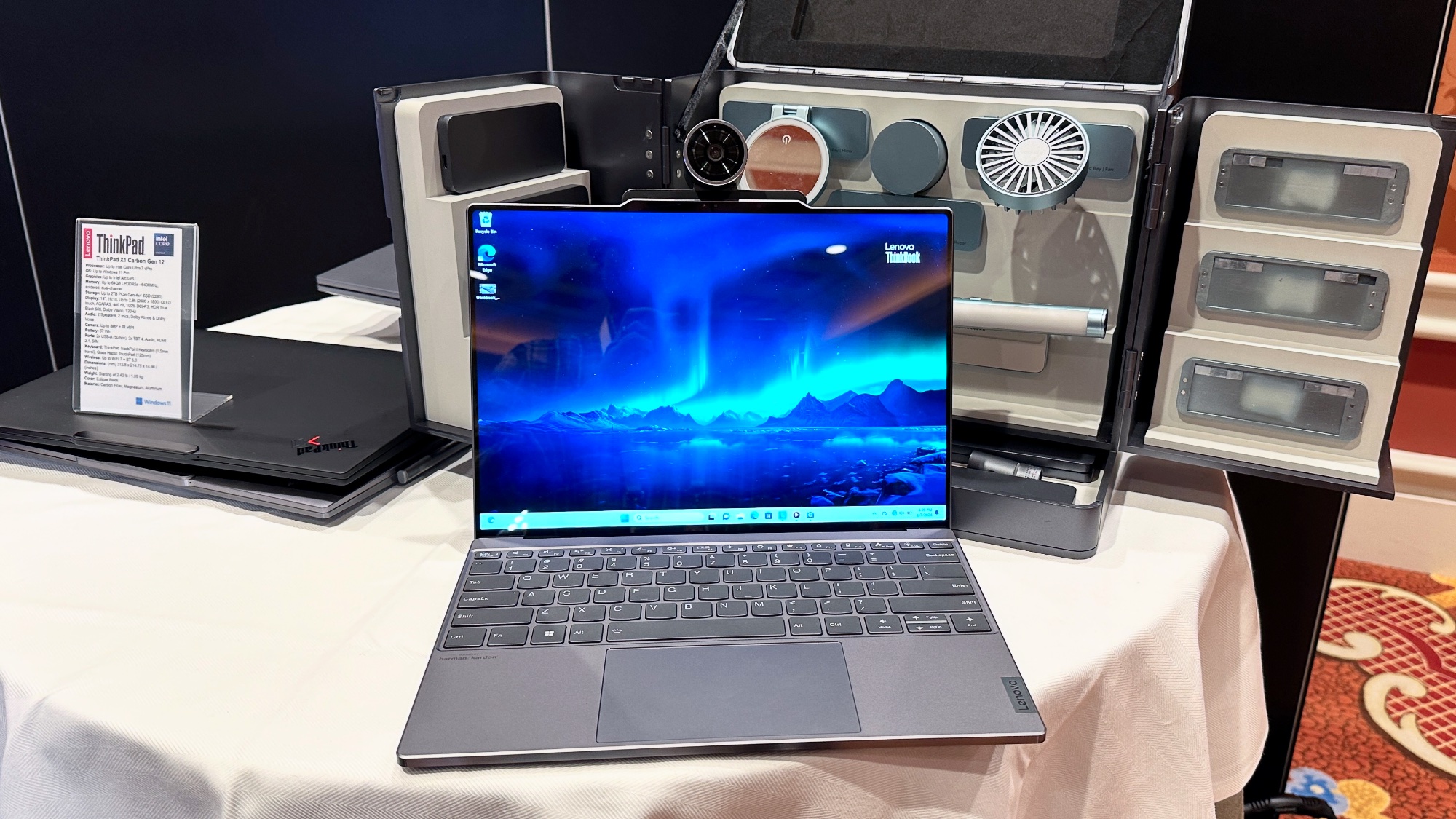
Here at Tom’s Guide our expert editors are committed to bringing you the best news, reviews and guides to help you stay informed and ahead of the curve!
You are now subscribed
Your newsletter sign-up was successful
Want to add more newsletters?

Daily (Mon-Sun)
Tom's Guide Daily
Sign up to get the latest updates on all of your favorite content! From cutting-edge tech news and the hottest streaming buzz to unbeatable deals on the best products and in-depth reviews, we’ve got you covered.

Weekly on Thursday
Tom's AI Guide
Be AI savvy with your weekly newsletter summing up all the biggest AI news you need to know. Plus, analysis from our AI editor and tips on how to use the latest AI tools!

Weekly on Friday
Tom's iGuide
Unlock the vast world of Apple news straight to your inbox. With coverage on everything from exciting product launches to essential software updates, this is your go-to source for the latest updates on all the best Apple content.

Weekly on Monday
Tom's Streaming Guide
Our weekly newsletter is expertly crafted to immerse you in the world of streaming. Stay updated on the latest releases and our top recommendations across your favorite streaming platforms.
Join the club
Get full access to premium articles, exclusive features and a growing list of member rewards.
Every single laptop maker is releasing AI-powered laptops at CES 2024, including Lenovo. So it's not enough just to pack an Intel Core Ultra processor to impress me. But the ThinkBook 13x Gen 4, starting at $1,399 and available soon, is different. Very different.
This 2.2-pound laptop isn't just incredibly light. The ThinkBook 13x Gen 4 supports Magic Bay accessories, which uses a magnetic system to let you add functionality on the fly. For example, the Magic Bay Studio gives you a 4K camera along with two additional speakers. But Lenovo also let sample other Magic Bay prototypes to get a taste of what's next.
Be sure to check out our Best of CES 2024 award winners to see the 23 best gadgets of the show.
Magic Bay Studio
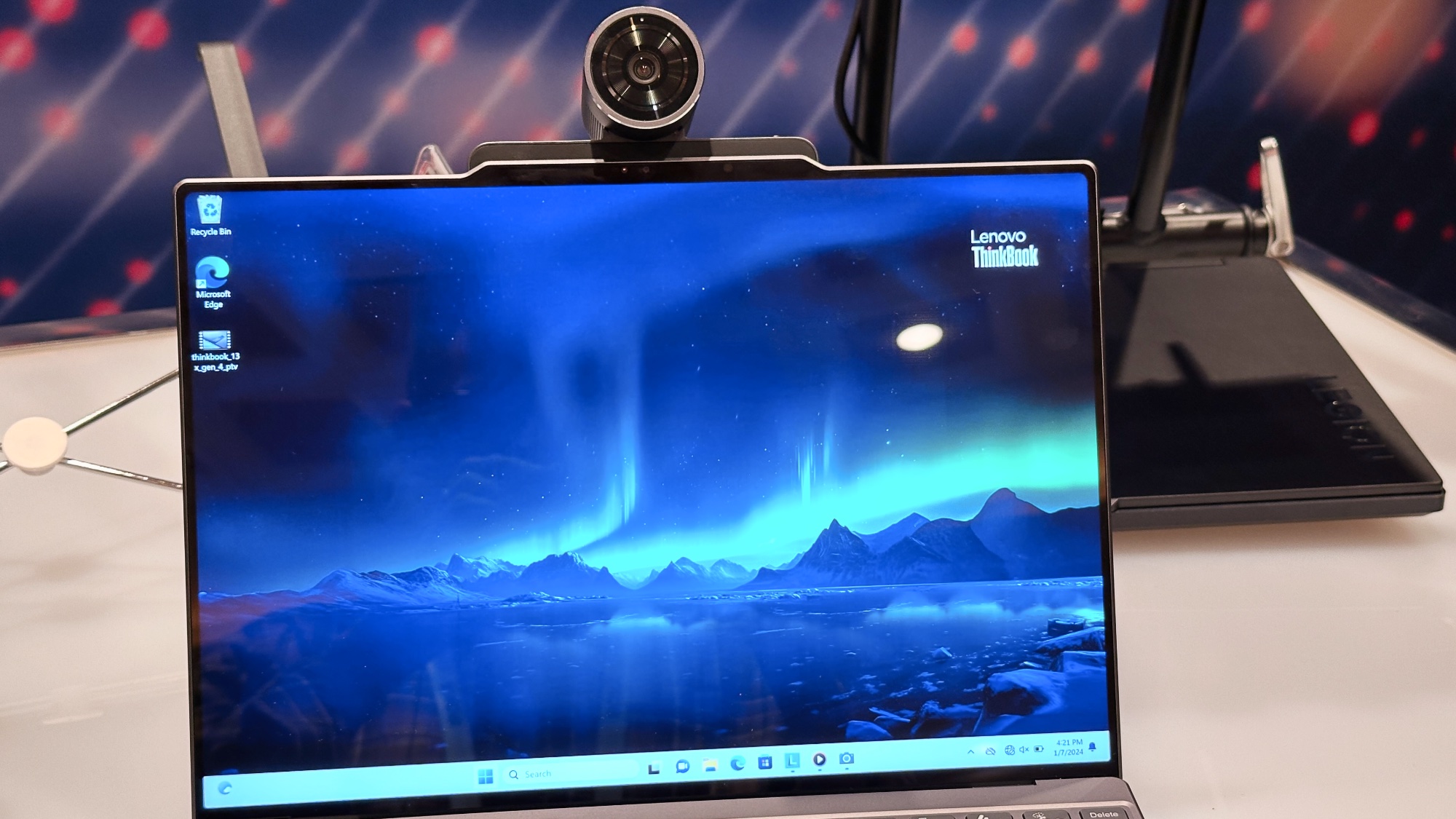
Both the ThinkBook 13x Gen 4 and the larger new ThinkBook 16p Gen 5 support Magic Bay functionality, which places Pogo Pin connectors at the stop of the display.
The first accessory you can buy is the Lenovo Magic Bay Studio ($199), which delivers a 4K picture along with AI-driven tech to enhance clarity and sharpness. I toggled between the laptop's webcam and the Magic Bay Studio and took pictures with each, and I noticed a big difference in sharpness but also a more balanced color profile.
Meanwhile, the Magic Bay Studio also features two additional speakers to give you better sound quality, especially during video calls.
Magic Bay concepts
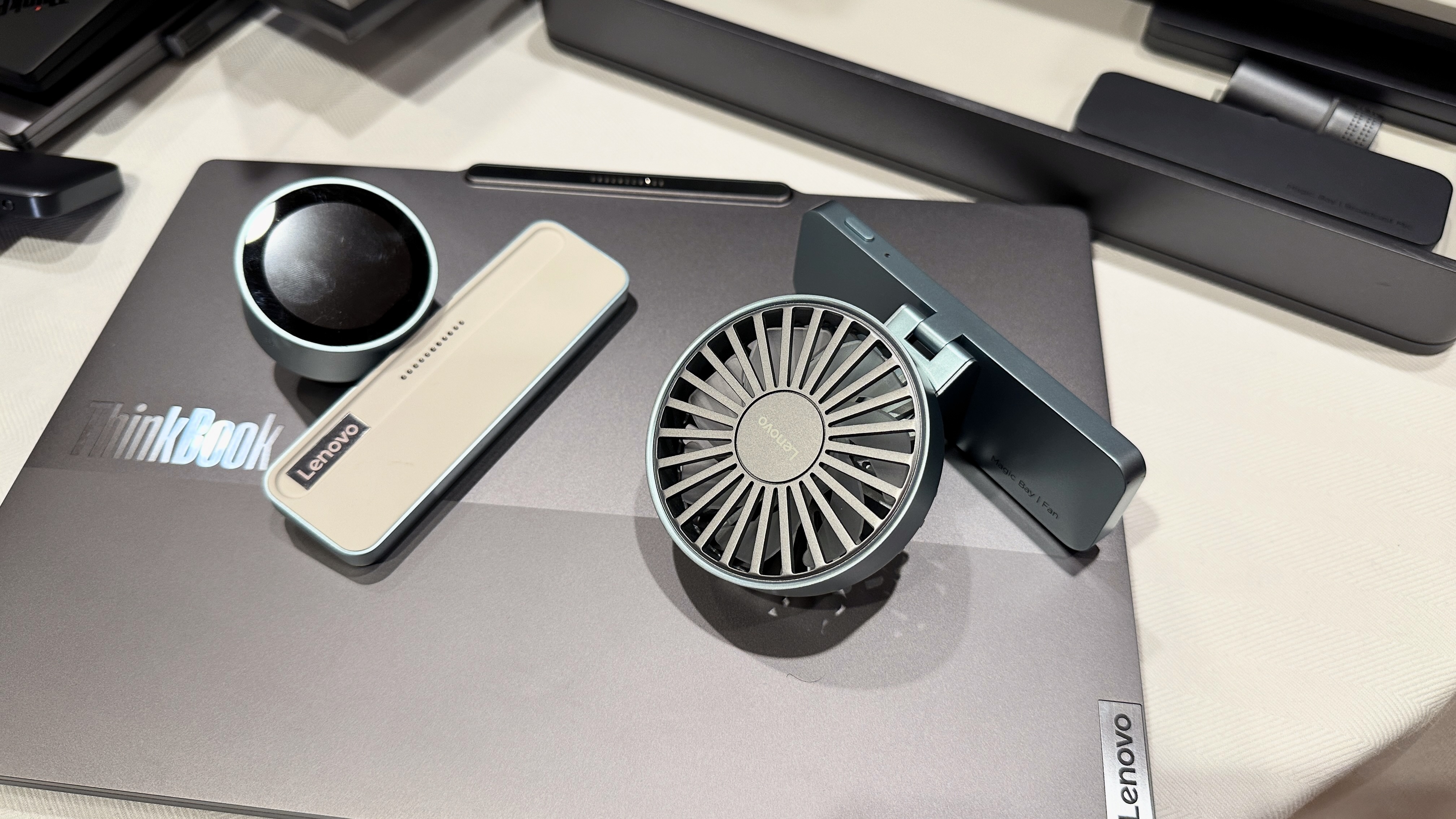
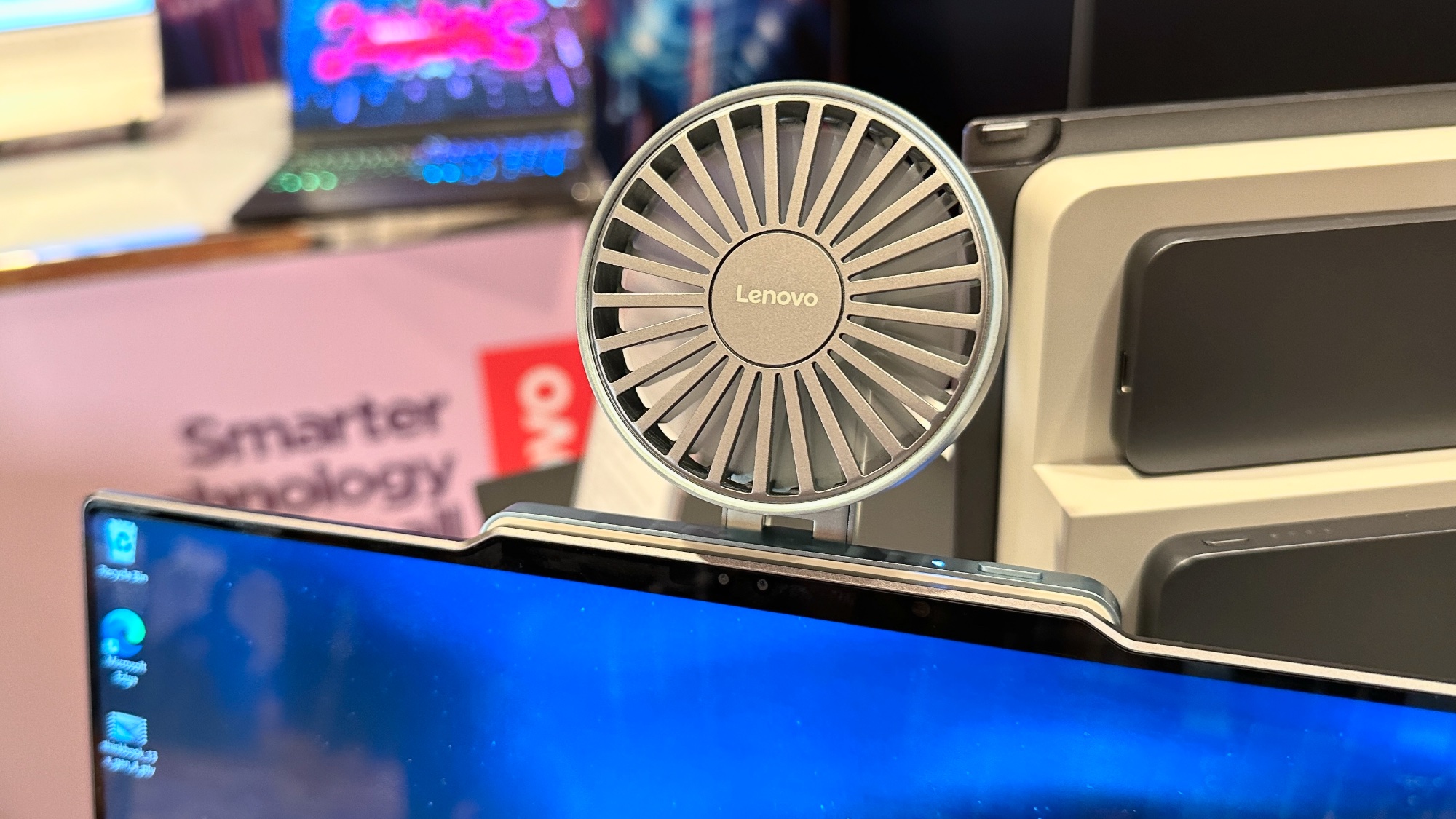
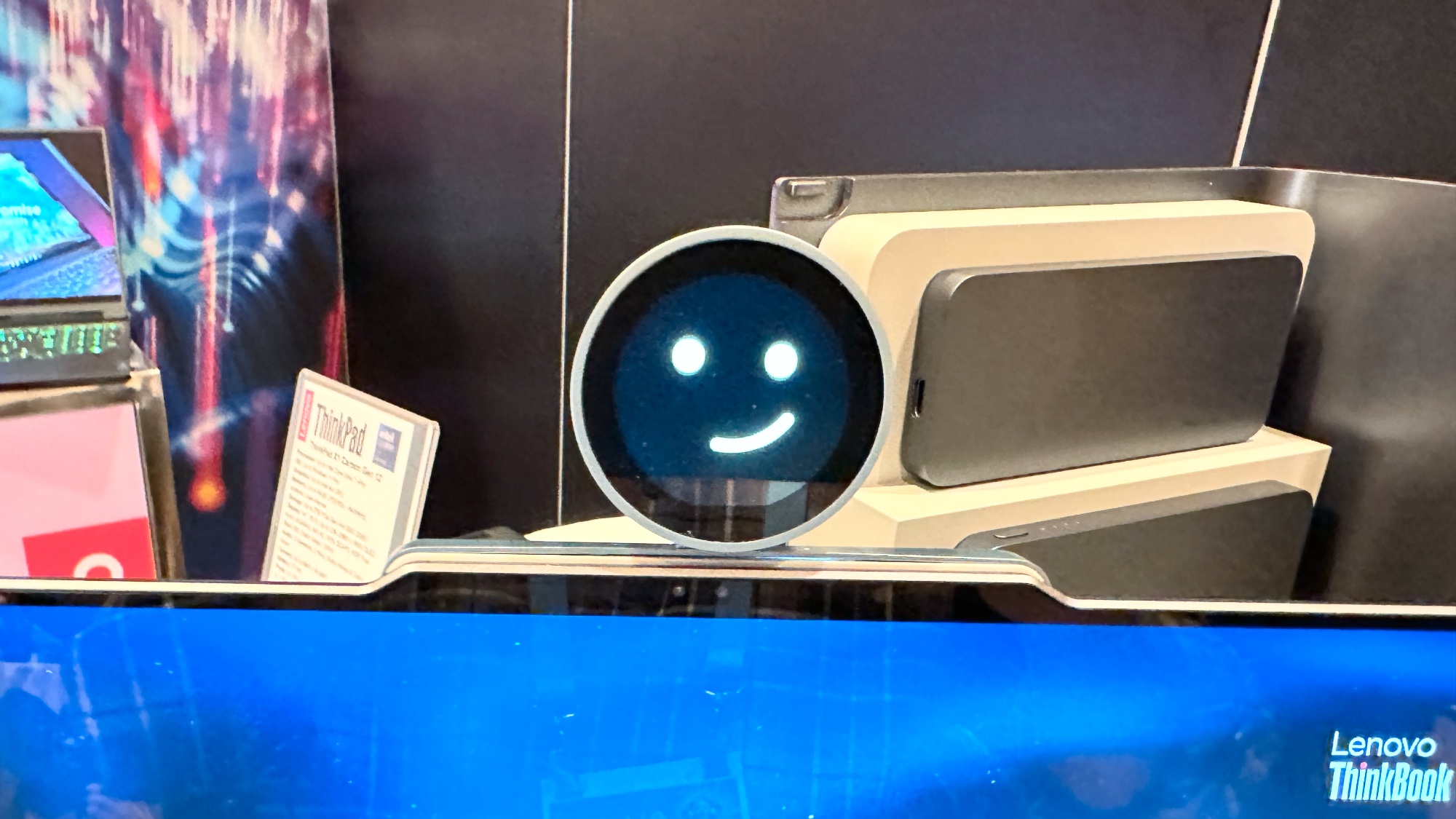
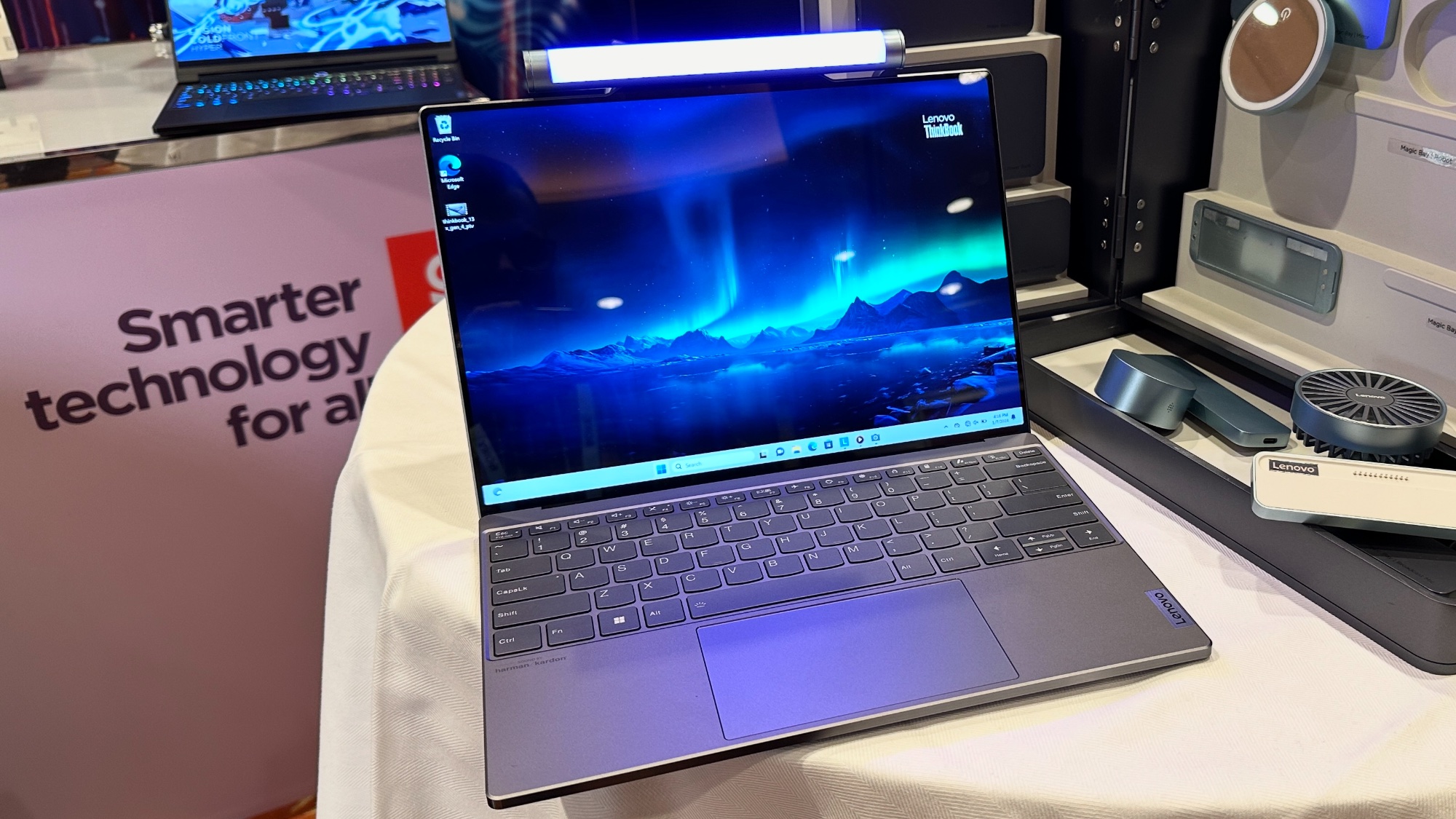
Things got way more interesting when Lenovo brought out a suitcase-full of additional Magic Bay concepts it has been working on.
Get instant access to breaking news, the hottest reviews, great deals and helpful tips.
Some of them are quite simple, such as a mini fan you can attach to the lid of the ThinkBook 13x Gen 4 and a modular SSD for instantly adding storage. There's also a robot assistant (complete with smiling face), a light bar you can change different colors and a mirror with an LED surrounding it.
Lenovo even showed us a snap-on display that would essentially give you a second 10.1-inch screen that would sit above the main 13.5-inch display.
ThinkBook 13x Gen 4 specs and features
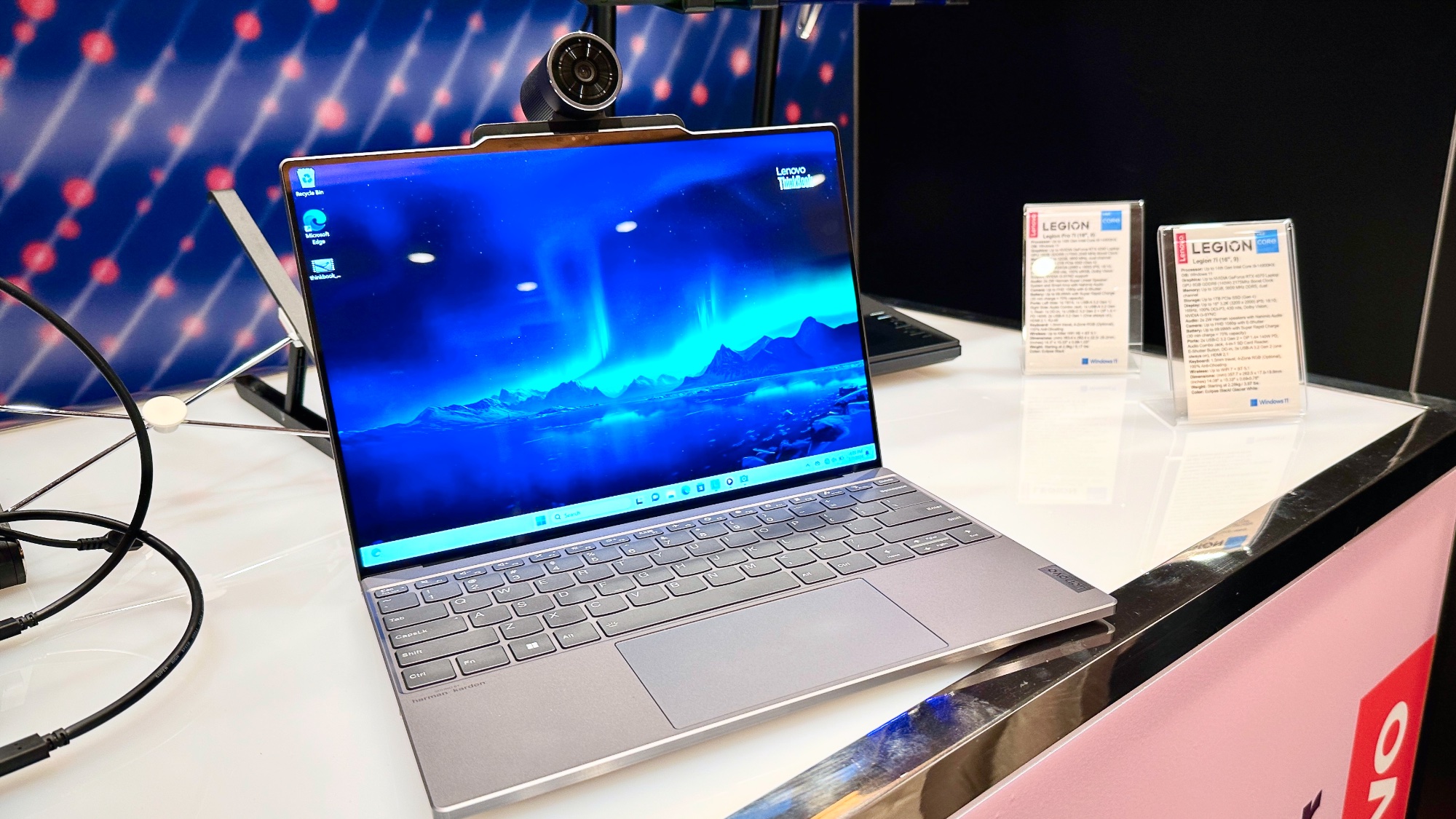
The ThinkBook 13x Gen 4 is very well equipped given its small size and weight. You get up to a Intel Core Ultra 9 processor, up to 32GB of RAM and up to 2TB of SSD storage in additional to Intel Arc graphics.
The 13.5-inch display has an ultra-narrow bezel with 97% screen-to-body ratio and 120Hz refresh rate, and the panel offers up to 500 nits of brightness. And Lenovo somehow squeezed in 4 Harman / Kardon speakers along with a 4x microphone array.
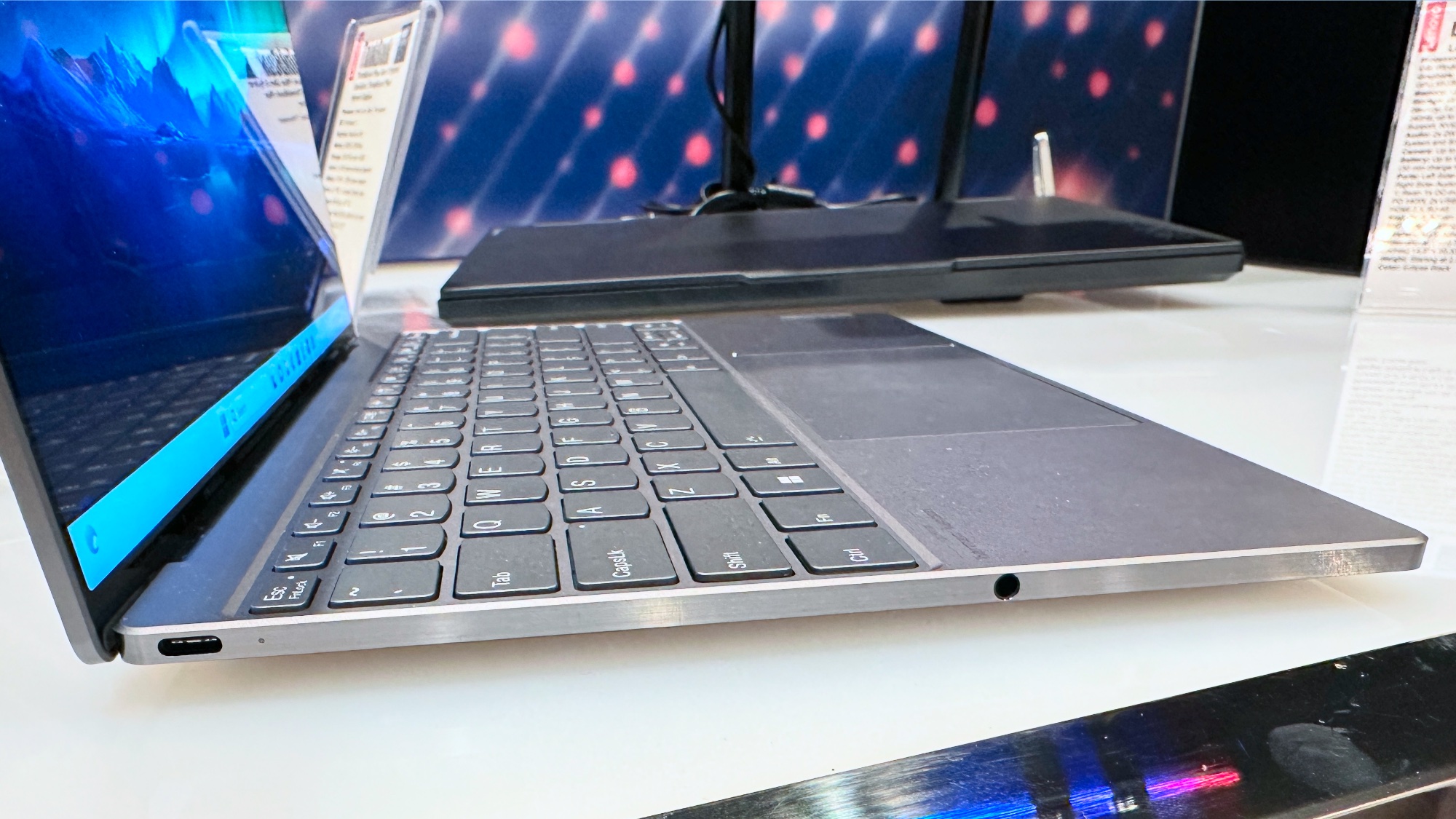
The chassis is just 0.5 inches thick, so don't expect full-size USB-A ports. There's three USB-C (Thunderbolt 4) ports on board along with a combo audio jack.
The 74 WHr battery is rated for a pretty good 11.4 hours of web surfing and 21 hours of video playback.
The keyboard felt a bit flat for my tastes, but withhold final judgement until we've gotten this laptop in for testing.
ThinkBook 13x Gen 4 outlook
I like what Lenovo is trying to do with the ThinkBook 13x Gen 4. The Magic Bay accessory system has a lot of potential, even though many of them are in the concept stage at this point. Since we are holding on to our laptops longer, why not make it easy to add functionality over time?
For Magic Bay to truly be magical, though, Lenovo would have to make this system available across more models and make sure the pricing is aggressive for the accessories versus similar third-party accessories.
Mark Spoonauer is the global editor in chief of Tom's Guide and has covered technology for over 20 years. In addition to overseeing the direction of Tom's Guide, Mark specializes in covering all things mobile, having reviewed dozens of smartphones and other gadgets. He has spoken at key industry events and appears regularly on TV to discuss the latest trends, including Cheddar, Fox Business and other outlets. Mark was previously editor in chief of Laptop Mag, and his work has appeared in Wired, Popular Science and Inc. Follow him on Twitter at @mspoonauer.
 Club Benefits
Club Benefits











